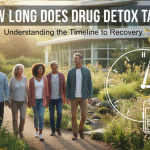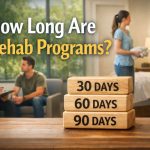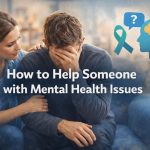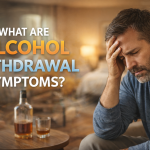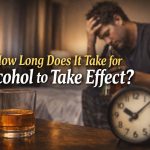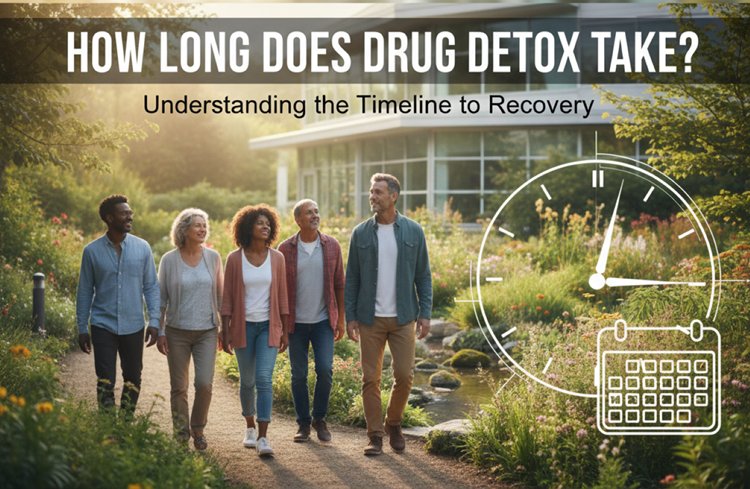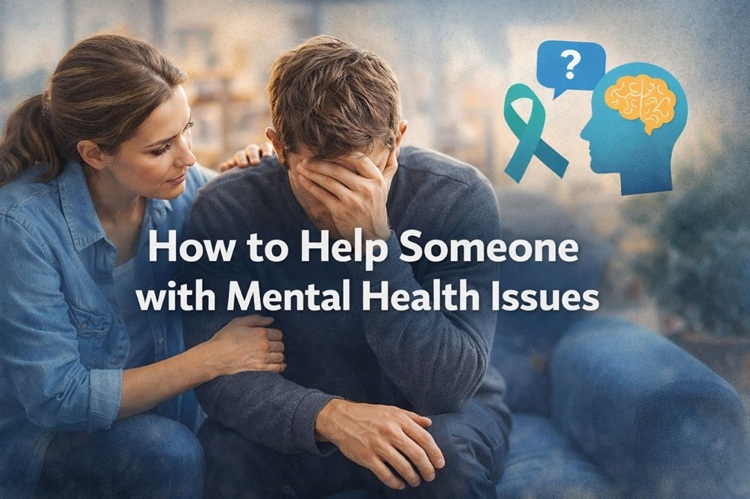In today’s fast-paced society, addiction has developed as a widespread problem, impacting people from all walks of life. Addiction may take many forms, from drug misuse to obsessive behaviors, and it causes significant risks to both personal and community health. Addiction is not a single phenomenon, but rather a complex interaction of physiological, psychological, and social elements. Understanding the underlying components of addiction is critical for comprehending its complexities and developing effective preventive and intervention techniques.
Understanding Addiction:
Addiction is a complex condition that can involve substances like drugs and alcohol, as well as activities like gambling and shopping. It is distinguished by irrepressible urges, repeated use despite negative effects and brain alterations that make quitting difficult.
The 6 Core Components of Addiction:

Salience: Power of Cravings
Salience is similar to the sensation of a flashing red light. The addictive drug or habit becomes the most important thing in your life, consuming your thoughts and desires. This strong hunger might be overwhelming, making it impossible to concentrate on anything else.
Mood Modification:
Addictive drugs and behaviors can significantly affect our mood. They can make you feel happy, relaxed, or relieved of bad emotions. This positive reward increases the urge to repeat the activity.
Tolerance:
It refers to the body’s adaptation to addictive substances or behaviors. This indicates that a person will require increasing amounts to have the same impact. This can start a hazardous cycle of increased consumption.
Withdrawal symptoms:
It can occur when a person quits using an addictive drug or engages in addictive behavior. These withdrawal symptoms can be excruciatingly unpleasant and make quitting more difficult.
Conflict:
Addiction often creates friction in a person’s life. It can harm relationships, ruin finances, and impair employment or academic performance. This disagreement can cause more stress, which can feed the addictive cycle.
Relapse:
Addicts may relapse even after stopping. Environmental triggers, overwhelming cravings, or emotional pain can all cause someone to relapse into addictive behavior.
Understanding these components is an important first step toward eliminating addiction. Treatment may address each aspect, assisting clients in developing good coping skills, managing urges, and avoiding relapse.
100% Confidential Support is Available 24/7
No matter what you’re going through, you’re not alone. Our dedicated team is here to provide a safe, judgment-free space where you can talk openly and honestly. Whether you need emotional support, resources, or just someone to listen.
We’re here for you—completely confidential and always respectful of your privacy. Call us today!
Why Understanding the Components Matters
By recognizing these components, you gain valuable insight into addiction. It’s not simply a choice; it’s a complex interplay of brain chemistry, behavior, and environmental factors. This knowledge can:
- Reduce Stigma: Addiction is a medical condition, not a moral failing. Understanding the components fosters empathy and encourages seeking help.
- Identify Early Signs: Recognizing the early signs of salience, mood modification, and cravings allows for earlier intervention.
- Develop Effective Treatment Plans: Treatment can address the underlying components, not just the substance or behavior itself.
Addiction is a complex combination of biological, psychological, social, and environmental elements that all contribute to its genesis and continuation. Unraveling these complicated components provides vital insights into the nature of addiction and the numerous factors that influence its progression.
Addressing addiction effectively necessitates a comprehensive strategy that treats each of these components holistically, allowing individuals to break free from its grasp and regain control of their lives.
Contact Palm Coast Treatment Solutions
Battling with Drug and Alcohol Addition? Remember, you are not alone and we are here to help you!
Breaking Free From Addiction
Addiction is treatable, but it requires professional support and a strong network. If you or someone you know is struggling with addiction, there are resources available. Here are some helpful next steps:
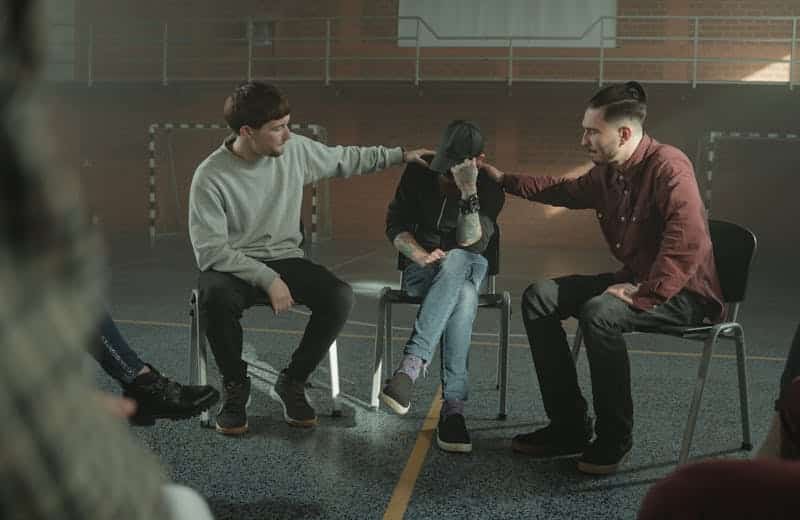
- Talk to a doctor or mental health professional.
- Seek addiction treatment programs.
- Connect with support groups.
Remember, you are not alone. With knowledge, support, and effective treatment, you can overcome addiction and live a fulfilling life.
If you or someone you know is struggling with addiction, there is help available. To get started on the road to recovery, Feel free to visit Palm Coast Treatment Solutions, FL, or call us at (386) 284-4151 today.
Here are some resources to get you started:
- Substance Abuse and Mental Health Services Administration (https://www.samhsa.gov/)
- The National Council on Alcoholism and Drug Dependence (https://recovered.org/)
Remember, addiction is a treatable disease. Recovery is possible with knowledge, support, and the right treatment plan.






